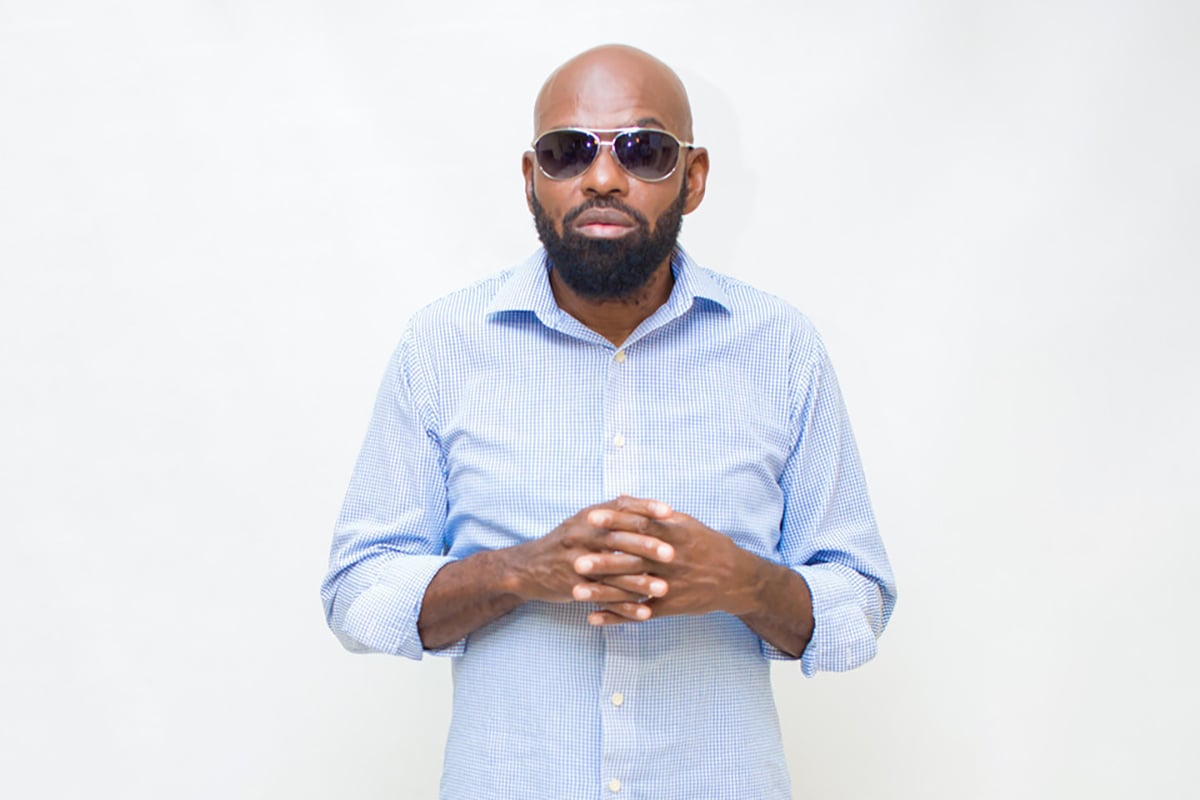Lieutenant Stitchie Says His Support For Dancehall Dubplate Culture Is Everlasting

Dancehall icon and Minister of the Gospel, Lieutenant Stitchie, has re-emphasized that his commitment to the genre, and its dubplate culture, is enduring and everlasting.
The Governor, who is currently in the throes of creating his 23rd album, recently showcased images and video clips of himself, among other things, voicing dubplates for sound systems in a studio, as well working on his upcoming album with Rastafarian friends and long-time secular music producers.
“The indigenous & authenticity of Reggae & Dancehall Music, in Message, Lyrics & Rhythm, I am mandated to preserve, contribute & expose! Ah fi wi culture!” Stitchie noted in one of the posts, where he posed with two musicians who are working on his album.
In another post, the G.C. Foster College of Physical Education and Sport graduate went a bit further, noting that he was pursuing what he described as his “mandate”, zealously.
“86,400 seconds in a day and I can’t afford to, or allow anyone to squander any, can you afford such an expense?” the Great Ambition artiste noted.
In advancing his argument about his undying love for Dancehall culture, the Masterclass artiste made a video post of himself voicing a dubplate to the lyrics of his Gospel Dancehall song, Hush Yuh Mouth, and paid homage to sound systems in the caption, reminding his fans that it was from these sonic implements, that the music materialized.
“The Art of Dancehall, maintaining the authenticity of the roots, sound system is the foundation!” he declared in the caption.
“Never be ungrateful to your roots. Supporting the Dubplate Culture in Dancehall,” he added.
The sound system industry developed in Jamaica in the 1950s after World War II, and gradually rose to prominence. Stitchie, who burst onto the Dancehall scene with his hit Wear Yuh Size, has described himself as a dubplate specialist and a sound bwoy killa, has continued voicing dubplates and keeping dub sessions, even after being baptised in December 1997.
The Gospel Dancehall pioneer, and artistes such as his compatriot Bounty Killer, have been highly sought after over the years for dubplates, which are re-recorded versions of their original songs, interpolated for play in a sound clash, and which mentions the names of the sound system, while criticising, jeering and oftentimes berating the opposing sound systems owners and selectors.
Music producer and operator of Black Scorpio Maurice ‘Jack Scorpio’ Johnson, had explained to The Gleaner newspaper in a 2019 interview, that dubplates, also known as “specials”, have made many artistes earn a lot of money from off their craft, even more than they collect off of royalties from their original songs.
A Red Bull Academy article which was published in 2016, noted that the costs for voicing dubplates vary based on the category of the artistes, which spans from an A-list to a C-list.
“The price really varies – it’s like A-list, B-list and C-list celebrities. If you’ve got a good middle man, getting a dub from someone like Capleton or Sizzla might cost you around £500. While someone like Johnny Osbourne or Burro Banton might cost you £200/£250. You can get a better price by swapping currency. The artist might ask for it in Jamaican dollars, so you find a currency with the best exchange rate. It’s quite an expensive thing to get into, but it’s like record collecting, it’s quite addictive,” the article had noted.
One year, Reggae singer Jah Cure came under fire after he took to social media, asking sound system operators to only bring “good figures” for dubplate requests and noted that his starting fee was US$1,000.
Veteran sound system operator and music producer, Lloyd ‘King Jammy’ James had also told The Gleaner in the 2019 interview that at one point in time Bounty Killer was the most expensive dub-plate maker. He had also said that because dubplates could get very expensive, at times he bartered with artists, giving them studio time or promotion in exchange for dubs.
